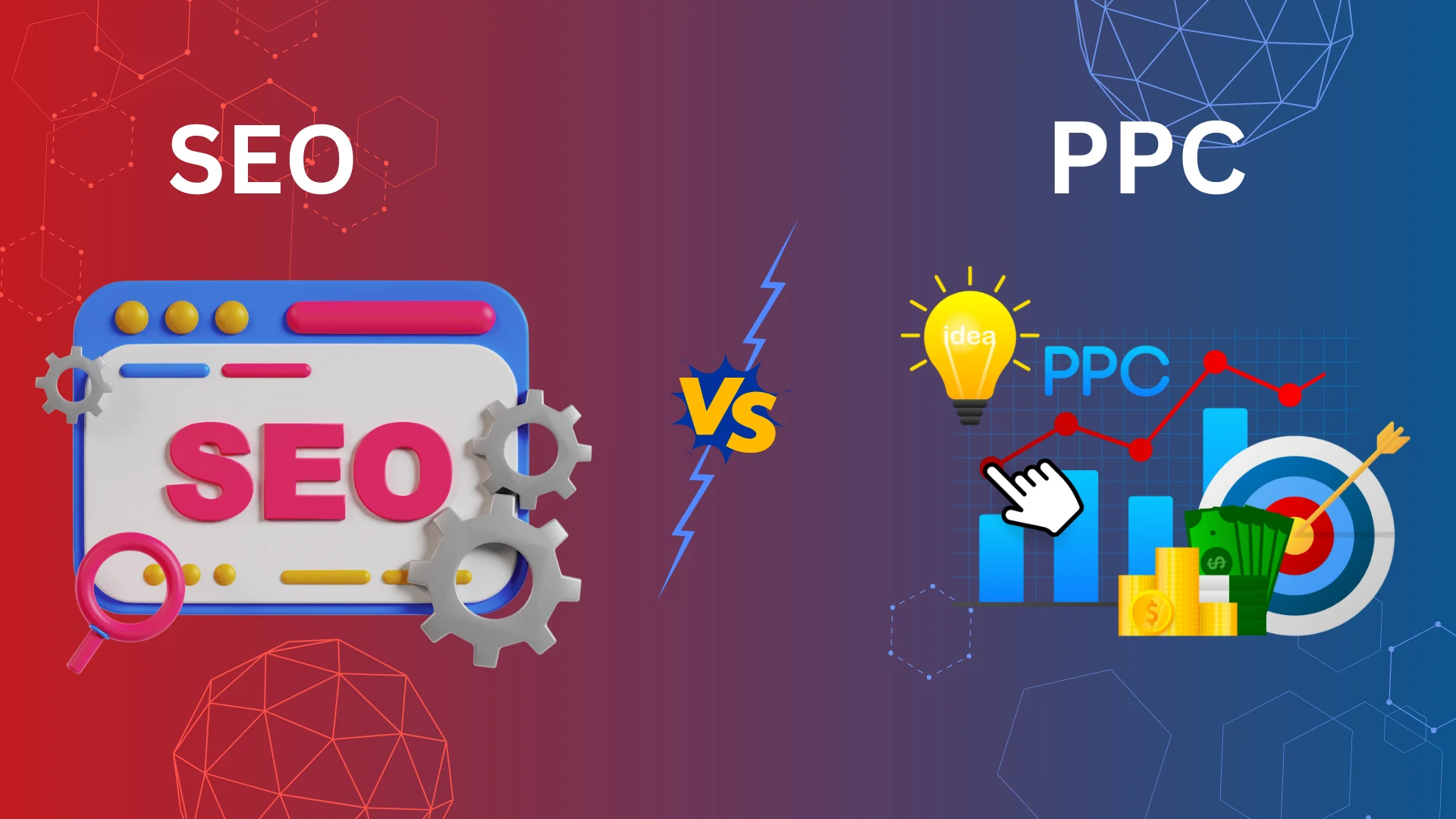
What is a Backlink in SEO?
In the world of SEO (Search Engine Optimization), a backlink is like a vote of confidence from one website to another. Backlinks, also known as "inbound links" or "incoming links," occur when one website links to another. These links serve as a signal to search engines that your content is valuable, useful, or relevant. Think of it like a recommendation – when a website links to yours, it’s essentially telling search engines that your site is worth visiting.
Why Are Backlinks Important?
Backlinks are one of the most important ranking factors for search engines like Google. When a website has a lot of high-quality backlinks from reputable sources, it sends a strong signal to search engines that the content is trustworthy and authoritative. Here’s why backlinks matter:
- Improved Search Rankings: The more quality backlinks a website has, the higher it can rank on search engine result pages (SERPs). Backlinks help search engines understand how useful your website is, which influences how often it shows up in relevant searches.
- Faster Indexing: Search engines use backlinks to discover new websites. If your site has backlinks from high-ranking pages, search engines can find and index your site faster, which is beneficial for new sites looking to establish their presence online.
- Referral Traffic: Backlinks don't just help with SEO; they can also drive traffic to your website. If someone clicks on the link from another website and ends up on your page, that’s called referral traffic. This can result in increased visibility and potentially more customers or readers.
Types of Backlinks
Not all backlinks are created equal. Here are the two main types:
- DoFollow Backlinks: These are the most valuable types of backlinks because they pass on “link juice” to your website. When a site links to yours with a dofollow link, it tells search engines that they trust and vouch for your content. This can significantly boost your website’s ranking in search results.
- NoFollow Backlinks: These links don’t pass on link juice, so they don’t have as much of an impact on your SEO. However, nofollow backlinks can still be useful for driving traffic and improving your site’s visibility. They’re typically used in forums, comment sections, or social media platforms where users can share links but the site doesn’t want to endorse all content.
How to Build Quality Backlinks?
Building high-quality backlinks is one of the best ways to improve your SEO. Here are some proven strategies to help you get started:
- Create High-Quality Content: The foundation of any good backlink strategy is content. If you consistently publish valuable, informative, or unique content, other websites will naturally want to link to it. The better your content, the easier it is to attract backlinks.
- Guest Blogging: Writing guest posts for other reputable websites in your industry can help you earn backlinks. When you contribute valuable content to another site, you often get a backlink in return. This also helps you establish yourself as an authority in your field.
- Reach Out for Backlinks: Sometimes, simply reaching out to other website owners and asking for a backlink can work. For example, if you find a blog that covers a topic related to your content, you can email the blog owner and suggest linking to your page as a helpful resource.
- Use Broken Link Building: This strategy involves finding broken links on other websites and suggesting your content as a replacement. You can use tools to find broken links on a website, then reach out to the site owner to let them know about the issue and offer your page as an alternative.
- Social Media Sharing: Sharing your content on social media platforms can also lead to backlinks. When people find your content valuable, they may share it or link to it from their own blogs or websites.
- Participate in Industry Forums or Communities: Engaging in online forums or communities related to your niche can also lead to backlinks. By sharing valuable insights and linking back to your site (when appropriate), you can build relationships and attract links.
Backlink Quality vs. Quantity
When it comes to backlinks, quality matters more than quantity. A single backlink from a high-authority website (like a respected news outlet or well-known industry blog) can be much more valuable than dozens of backlinks from smaller, less relevant sites. Search engines prioritize the credibility and relevance of the website linking to you. Here are a few characteristics of high-quality backlinks:
- Relevance: The website linking to you should be related to your industry or topic. For example, a backlink from a health blog to a fitness website is more valuable than a backlink from a travel blog to a fitness website.
- Authority: Websites with high domain authority (DA) or page authority (PA) pass on more value. A backlink from a reputable site like BBC, The New York Times, or Wikipedia will have a much stronger impact than one from a small, unknown blog.
- Natural Placement: Backlinks that are naturally placed within content are more valuable. Search engines can detect if a link is added just for SEO purposes. Links placed within meaningful content that is relevant to the reader provide more value.
How Do Backlinks Affect SEO?
- Increased Domain Authority: Backlinks can help boost your domain authority, which is a measure of your website's overall strength in the eyes of search engines. Websites with higher domain authority tend to rank better on search results pages.
- More Organic Traffic: When your website ranks higher due to backlinks, it’s more likely to be seen by users searching for related terms. This can lead to more organic (non-paid) traffic, which is crucial for long-term growth.
- Building Brand Authority: If multiple reputable websites link to your content, it helps establish you as an authority in your industry. This not only improves SEO but also builds trust with potential customers or readers.
Common Backlink Mistakes to Avoid
- Buying Links: It might be tempting to buy backlinks, but this is against Google’s guidelines. Buying low-quality or irrelevant backlinks can lead to penalties that hurt your website’s ranking.
- Overusing Anchor Text: Anchor text is the clickable text in a hyperlink. If you overuse the same keyword-rich anchor text in your backlinks, search engines may flag it as unnatural and penalize your site. Use varied and natural-sounding anchor text for your backlinks.
- Ignoring Link Quality: Not all backlinks are good for your SEO. Low-quality backlinks from spammy websites can actually harm your rankings. It's important to monitor your backlinks and disavow any that could negatively impact your SEO.
Conclusion
Backlinks play a crucial role in the world of SEO by helping search engines determine how valuable and trustworthy your website is. They act as endorsements from other websites, giving search engines a reason to rank your site higher. Building a strong backlink profile takes time and effort, but the rewards are worth it. By creating high-quality content, engaging in outreach, and focusing on natural, relevant links, you can significantly improve your website’s SEO and drive more traffic over time.






There are 0 comments